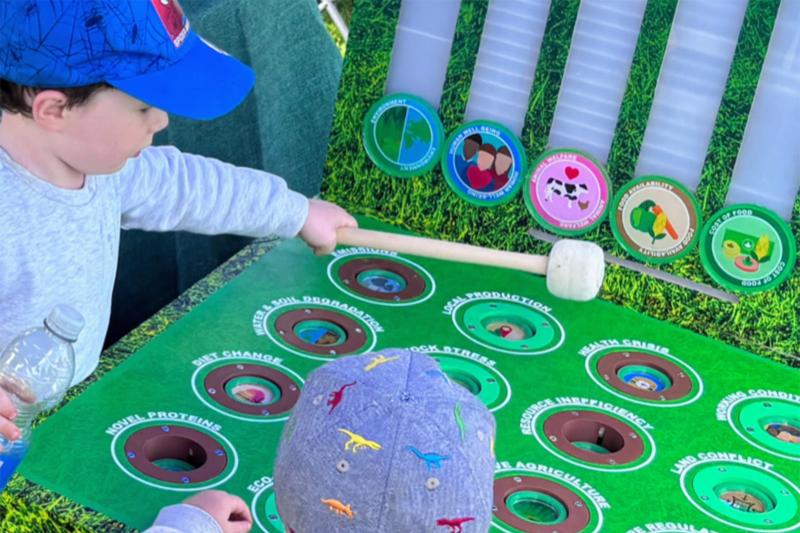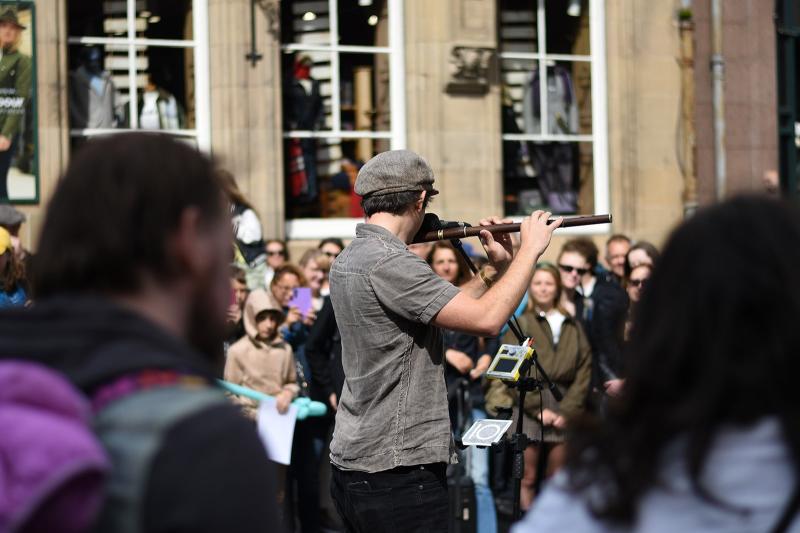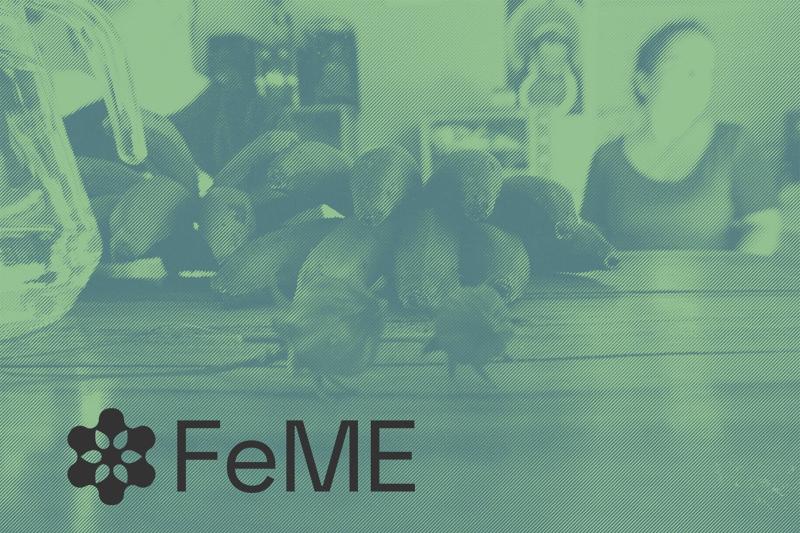Developing environments for engaging with models and simulations, and exploring alternative scenarios.
When strategic decisions are made or policies are implemented, implications and consequences of such decisions can rarely be anticipated in full, and what alternative future scenarios we should be prepared for. In the context of climate change in particular, strategic decisions need to be tightly coupled with consequences and collapsed in time to make them more effective within the limited timeframe. This can be achieved by immersing decision makers in a simulation that allows them to play out decision options. Games and gamified environments help provide psychological safety for experimenting. When exposed to different experiences, decision makers neutralised biases are thus more likely to make better decisions. Furthermore, simulations are imperfect and games can help to validate them.
Within this theme we focus on modelling complex systems and developing a playground for reality simulation and experimentation, e.g. playing out alternative long-term policies. We build simulations, validate them with reality, and engage with different stakeholders, such as policy-makers, corporations and societal organisations to help them make better decisions. We also explore how gamification can be used to imagine how the world of the future could look like, e.g., through alternate reality games. Using gameful and playful approaches can help to capture more diverse views and opinions about different futures as well as alternative scenarios of the future.

Playing with Food: Using Games to Engage with the Complexity of Sustainable Agri-food Systems
Our project uses playful learning and interactive games to explore the complex challenges facing agri-food systems, encouraging people to think about sustainability, trade-offs, and possible futures.

Consulting local communities on the impact of tourism in Edinburgh
Edinburgh Visitor Economy Partnership (EVEP) is a collaborative network of organisations and individuals supporting the delivery of tourism in Edinburgh.

Failure Modes of Engineering (FeME): a network for future inclusivity, sustainability, and global impact
FeME is a global interdisciplinary research network led by 15 women academics from the University of Edinburgh, University of Glasgow and Heriot-Watt University.

Gamification for Gig Workers
The growth in the platform economy globally creates opportunities for gig workers. However, the sustainability of the gig workforce is a concern for most firms. Gamification offers a solution to address this complex issue.

Accelerating solar rooftops adoption in Indonesia
This project aims to understand attitudes and perceptions of the potential users and to develop a system of incentives and interventions aimed at a higher renewable energy uptake in Indonesia.